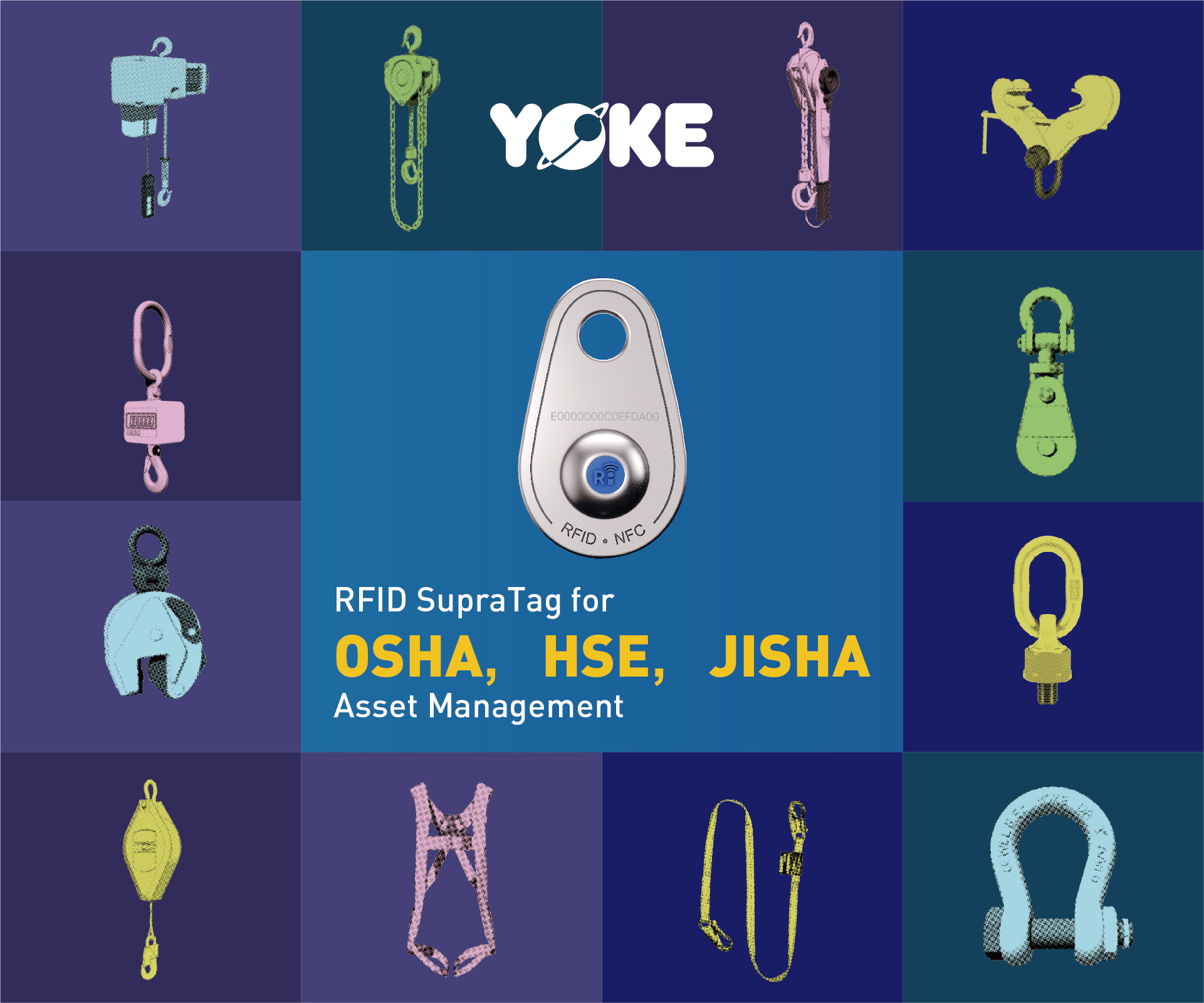NCCCO Begins Work on Three New Certifications
The National Commission for the Certification of Crane Operators is in the process of developing three new certification programs for digger derrick operators, service/mechanic truck operators, and lift directors.
The Digger Derrick Task Force, chaired by Josh Chard of Altec Corp. and Jim Olson of Terex Utilities, began work last summer. The program, which will include a written and practical exam, is scheduled to be released in August 2012.
Unlike typical construction cranes, digger derricks are multi-purpose machines primarily designed to dig holes, set poles, and position materials and apparatus in associated industries. They are also commonly configured for aerial device operations with fiberglass booms, platforms, and operator controls, and typically use synthetic rope instead of the wire rope used on cranes. “Due to their configuration and versatility, digger derricks are unique pieces of material-handling equipment that demand their own operator testing protocols,” said Dr. Joshua Chard, Altec’s director of product and corporate safety.
Additionally, a Service/Mechanics Truck program is being developed within the existing mobile crane operator program. “OSHA Subpart CC has brought in several different industry sectors that use cranes in a different way than construction cranes. A major one is in delivery applications of pre-cast concrete materials, propane tanks, and monuments to name a few. A Service/Mechanics Truck boom operator certification program will more directly address the characteristics of how these machines are operated,” said Joel Oliva, NCCCO program and test development manager.
Committee members are using the existing mobile crane operator program as the basis for the new certification but are modifying it to more appropriately address the size and application of these machines. Development began in January of this year with a target launch date of December 2012. The Service/Mechanics Truck certification will include written and practical components.
Finally, the new program for lift directors is a multi-disciplinary certification that will demonstrate that those responsible for planning and executing lifts have the knowledge and skills required for their unique jobs and responsibilities.
A lift director is defined by ANSI B30.5 as the person who “directly oversees the work being performed by a crane and the associated rigging crew.” As a result, lift directors must know about all of the technical aspects and personnel roles involved with lifting operations. This can range from ensuring adequate ground conditions to managing communications among all lift team members to orchestrating complex, multi-crane lifts. Lift directors are also responsible for stopping crane operations if alerted to an unsafe condition, restricting unauthorized access to the crane’s work area, allowing crane operation near power lines only when OSHA and ASME guidelines have been met, informing the operator of the weight of loads, and ensuring that the load is properly rigged.
Those serving on the Lift Director Task Force represent users, trainers, crane rental, petrochemical, insurance, contracts, labor, and engineering disciplines. Development began in February, and the program, which will include a series of written exams but no formal practical exam, is expected to be launched in January 2013.
More than 20 industry experts are participating in the Lift Director Task Force, which will have held three meetings by mid-June. The task force is chaired by William “Hank” Dutton, technical services senior specialist with construction risk control at Travelers Insurance. The program is scheduled to be released by the end of 2012.











